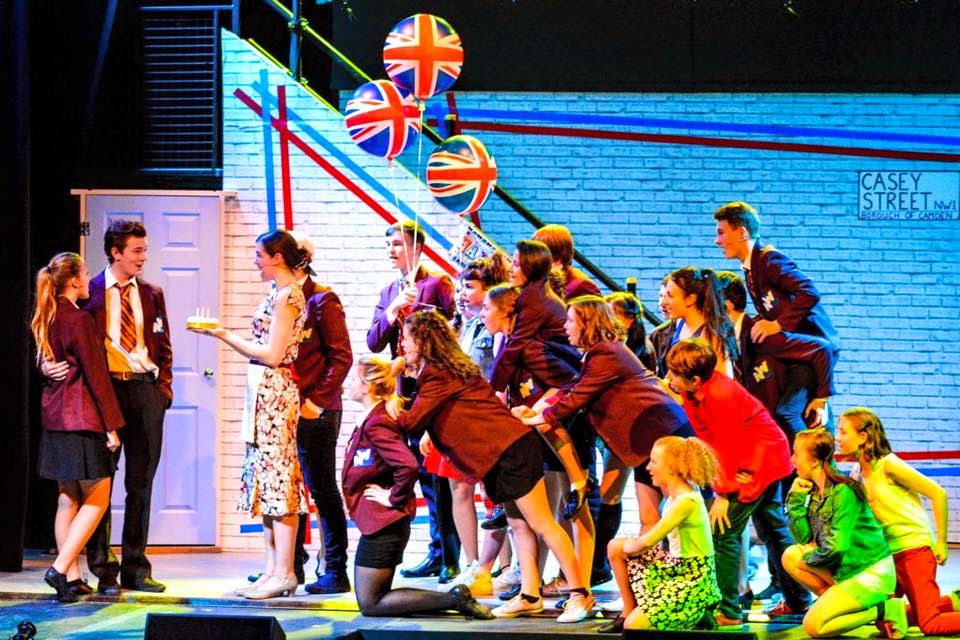THE
CEMETERY CLUB
Writtle
Cards at Writtle Village Hall
25.02.15
Three
Jewish widows keep a regular rendez-vous at the cemetery. They
support each other; they bring gossip and grand-children’s
photos.
The
Golden Girls theme – by that nice Jewish boy Andrew Gold, now
in an L.A. cemetery himself – sets the sit-com
tone.
The “pals and confidantes” here are wise-cracking
Ida, [beautifully
done by Liz Curley] man-hungry Lucille in her thrift-shop mink [a
bold and brassy performance from Steph Edwards] and devoted widow
Doris [touchingly characterized
by Sharon Goodwin].
Most
of the “action” takes place in Ida's sitting room, nicely
realised for this production with
a set that is both stylish and lived-in. But
we see the Forest
Hills
“Perpetual Care” plots, too, on a little apron in front of the
stage.
Paulette
Harris's production wisely lets Menchell's
dialogue speak for itself, but there are many telling moments of
truth – Ida looking longingly at the mink in the mirror, envying
Lucille's way with men, the
sozzled home-coming after what must have been a great Jewish wedding,
the
show-down when Ida learns of her friends' duplicity,
Lucille's
phonecall to Sam [Daniel Curley], the timid kosher butcher “playboy”
reluctantly caught up in the widows' net. Dee Irons plays Mildred,
his temporary fancy-woman defence.
It's
a sweet comedy, with flashes
of insight and plenty of laughs. A
good choice for the Cards, whose next is Enchanted
April – but you'll have to wait till June
for that ...



.jpg)

%2B3%2BPhotocredit%2BMARK%2BDOUET.jpg)




